
TIRANA: Stuck in their Tirana flat under a coronavirus lockdown, 81-year-old Osman Hoxha and his family quietly mark the start of Ramadan, recalling the communist era when practicing religion meant risking death.
Like many parts of the world, mosques in Muslim-majority Albania are eerily empty while iftar supper tables have fewer chairs than normal as families shelter at home to curb the spread of the virus.
For older generations, the intimate settings inevitably stir up memories of how they were forced to furtively keep their faith alive under the long and brutal reign of the late communist dictator Enver Hoxha, who outlawed religion.
“We had to pray behind the walls of our homes for fear of ending up in prison or being sentenced to death,” remembers Osman, wearing a black cap and grey vest, after the first day of fasting in his Tirana home.
Decades later, the country faces a different kind of enemy.
“During communism we had to observe fasting discreetly because if someone saw us it could cost us our lives, whereas today we risk death from a virus that can kill you,” says Osman´s wife Minire, 74.
Enver Hoxha, the dictator whose common surname Osman´s family shares, adopted the Marxist motto that religion was the “opium of the people” and declared Albania the world´s first atheist country in 1967.
Under his 40-year reign, hundreds of mosques and churches were destroyed or transformed, dozens of priests and Muslim clerics were sentenced to hard labour and many others died in prison or were murdered by firing squad.
In total, some 6,000 people were executed by the paranoid regime for alleged crimes ranging from treason to foreign travel or practicing a faith.
Tens of thousands more were sent to prisons or camps for forced labour or internment.
Among them was Osman.
As a young man in the 1960s, he was forced to work at a stone quarry after his brother fled the country, bringing suspicion on the rest of his relatives.
But the family nevertheless nurtured their faith, practicing Islam in secret until houses of worship were able to reopen in 1990, just before communism collapsed.
The country has since seen a religious revival. More than half of the 2.8 million population identifies as Muslim, mostly of a moderate strand, while around 30 percent are Catholic and Orthodox Christians.
In recent decades, Osman´s family has been celebrating the iftar meal with some 20 people at their dinner table.
This year the group is down to seven, among them the grandparents, their son Agron and his wife and children.
“I wish this table was big and my house could be full of friends and relatives,” Minire said as she prepared supper with her daughter-in-law Rezarta.
“Fasting when you´re housebound is harder because all you think about is eating,” she added with a smile, looking over an enticing spread of rice and meat, salads, roasted vegetables and dates.
After the iftar, Osman led his son and two grandsons, aged 11 and 13, in prayer in the living room.
Now a democracy, Albania has followed much of the world in severely curbing individual freedoms to combat the virus, which has claimed nearly 30 lives.
New technologies, however, are easing the loneliness.
Ahead of their meal, Osman´s family pulled out mobile phones to speak with their other relatives over video chats.
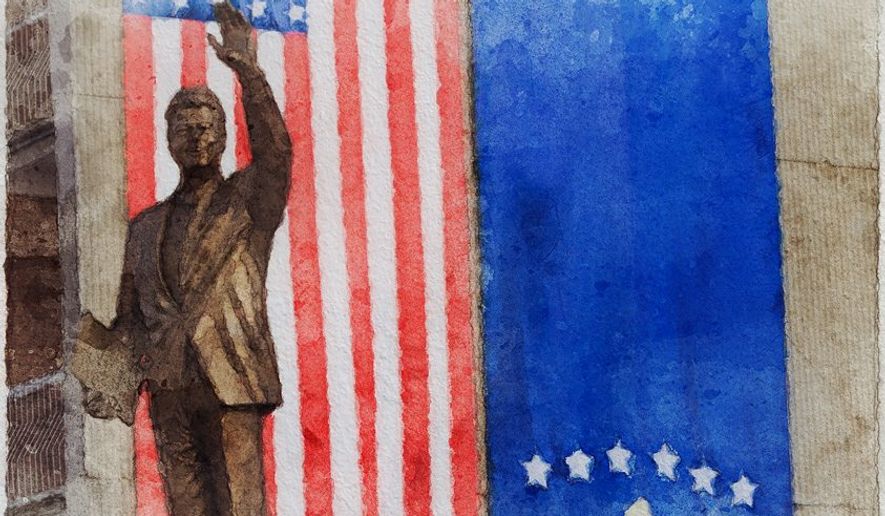
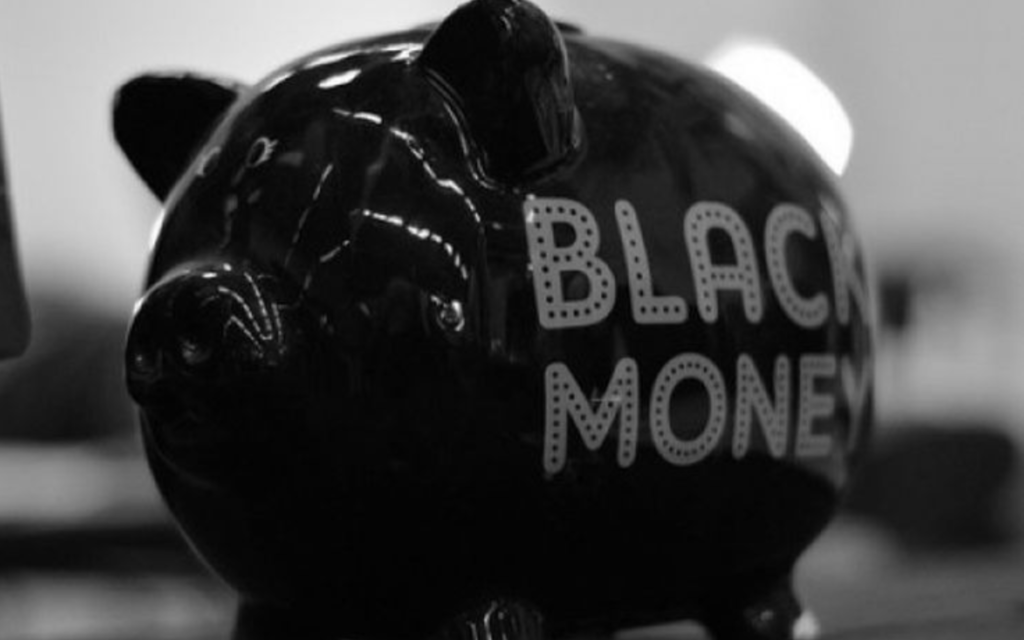


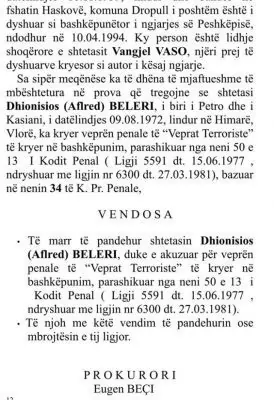





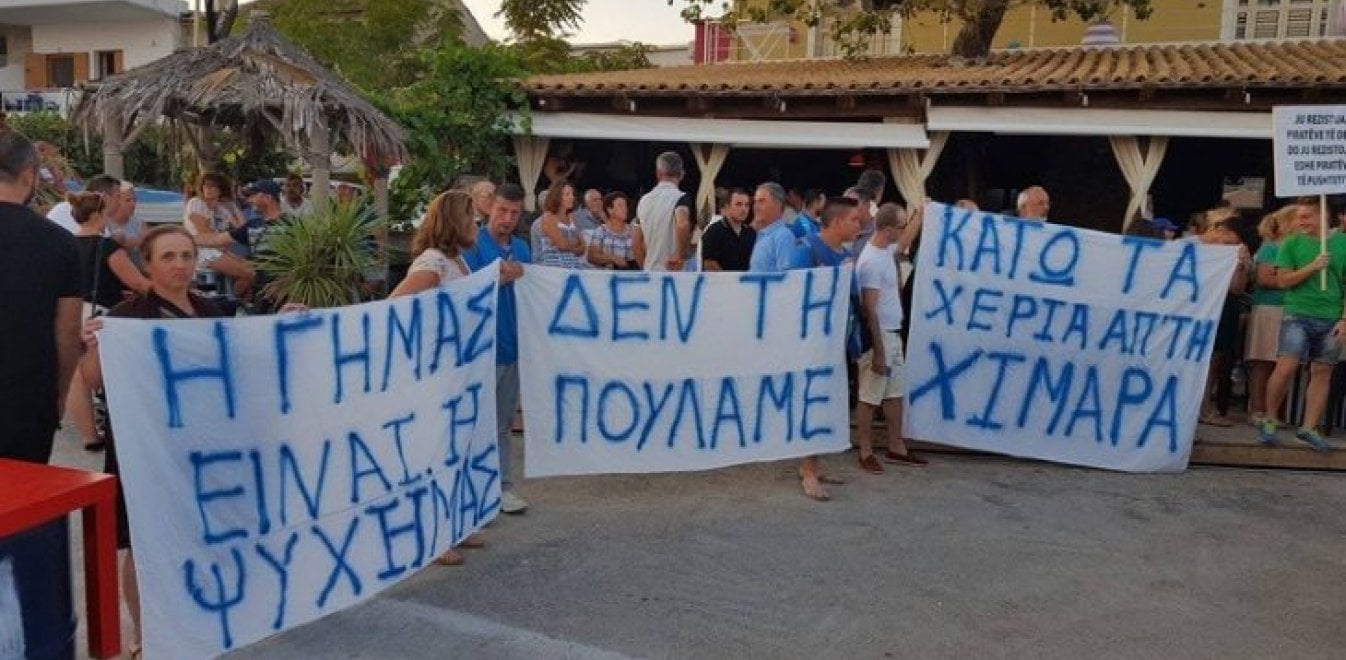
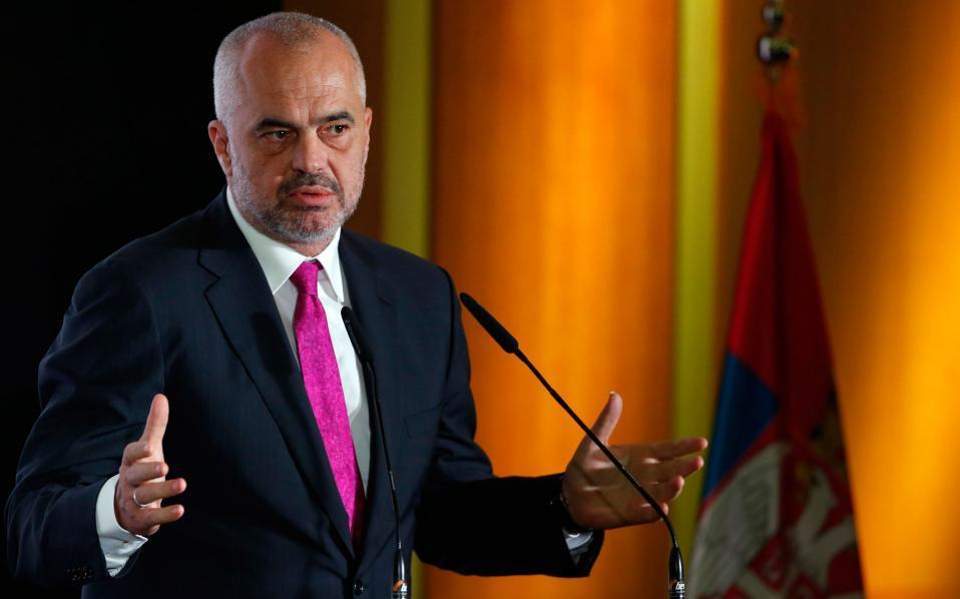
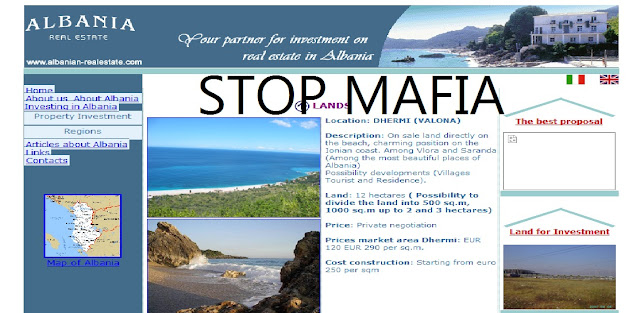




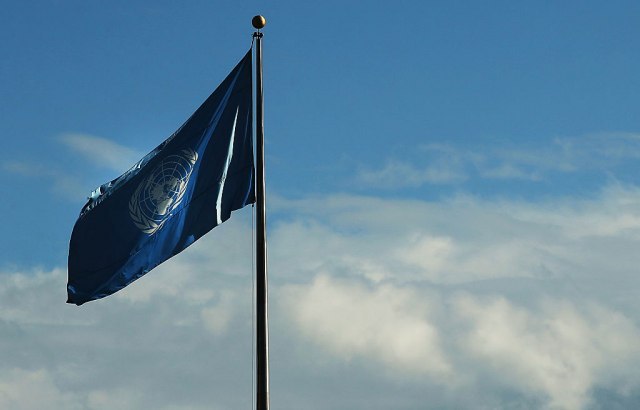


_1516965221.jpg)